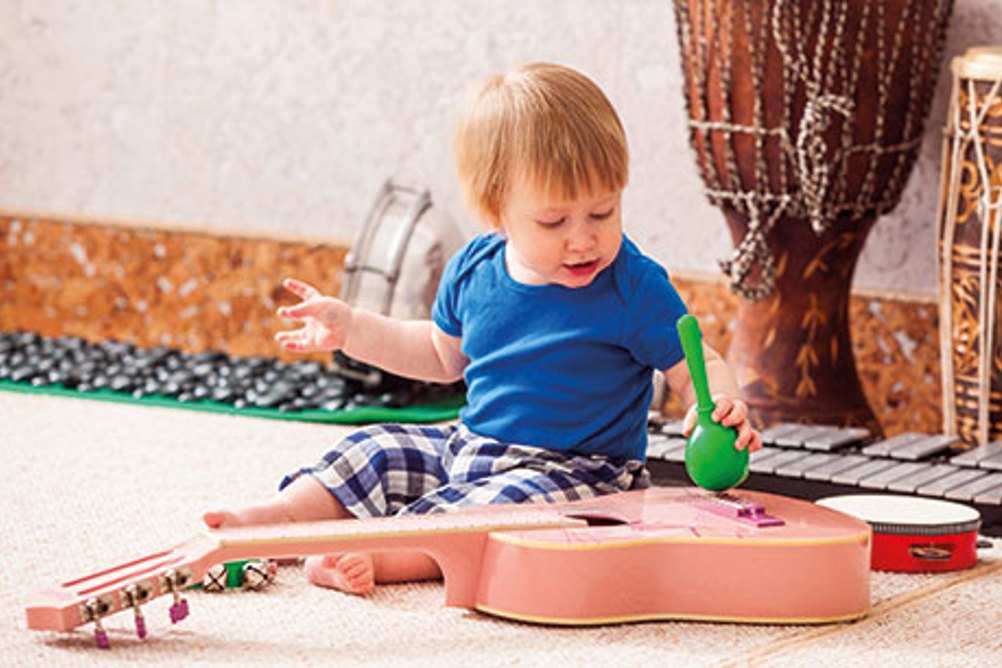
Download the PDF of this article
Throughout this series it has become increasingly clear that musical behaviour is a fundamental element of human activity. It is closely linked to the development of mathematical and linguistic understanding and thinking, but it is also key to our personal relationships, to our communication, and to our emotional well-being. This remains true from our earliest days, with baby songs and dances, adult-directed talk, right through adulthood and into old age. So, of course, the immense power of music can be harnessed to help young children to better understand their worlds.
PEOPLE AND COMMUNITIES
One of the prime functions of music is in creating a sense of community. This occurs in the use of music within religions, clubs or societies. Every football team’s supporters have favourite songs. Schools have school songs, and in the early years we make particular use of this phenomenon by using song to gather children together. Whenever we want to form a group of young children, it is very likely that we will begin by singing.
Register now to continue reading
Thank you for visiting Nursery World and making use of our archive of more than 35,000 expert features, subject guides, case studies and policy updates. Why not register today and enjoy the following great benefits:
What's included
-
Free access to 4 subscriber-only articles per month
-
Unlimited access to news and opinion
-
Email newsletter providing activity ideas, best practice and breaking news
Already have an account? Sign in here









